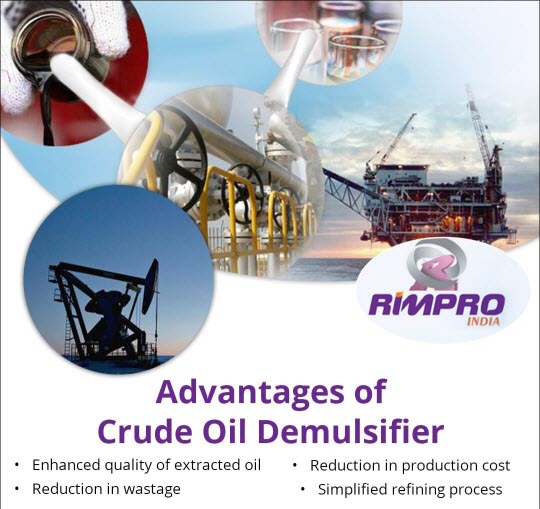Crude oil demulsifiers are essential additives in the oil extraction industry, aiding in the separation of water from crude oil emulsions. These demulsifiers can be broadly categorized into synthetic and natural variants, each with its unique characteristics and implications. In this article, we will conduct a comparative analysis of synthetic and natural crude oil demulsifiers, focusing on their effectiveness, cost implications, and environmental impacts.
Understanding Synthetic Demulsifiers
Synthetic demulsifiers are chemical compounds specifically formulated to destabilize emulsions and promote the separation of water from crude oil. These demulsifiers are typically produced through chemical synthesis, allowing for precise control over their molecular structure and properties. Synthetic demulsifiers often exhibit high efficiency in breaking emulsions and are widely used in the oil extraction industry.
Exploring Natural Demulsifiers
Natural demulsifiers, on the other hand, are derived from organic sources such as plants, microbes, or minerals. These demulsifiers harness the natural properties of their source materials to facilitate the separation of water from crude oil. Examples of natural demulsifiers include bio-based surfactants, enzymes, and certain clay minerals. Natural demulsifiers are favored for their biodegradability and reduced environmental impact compared to synthetic counterparts.
Effectiveness of Synthetic vs. Natural Demulsifiers
In terms of effectiveness, synthetic demulsifiers often demonstrate superior performance in breaking emulsions and promoting phase separation. Their precisely engineered molecular structures allow for targeted interaction with water-oil interfaces, leading to rapid demulsification. Natural demulsifiers, while generally effective, may exhibit variability in performance depending on factors such as source material quality and processing methods.
Cost Implications
Synthetic demulsifiers are typically more expensive to produce compared to natural alternatives due to the complexity of their chemical synthesis processes and raw material costs. However, their high efficiency may justify the higher upfront investment by reducing processing time and improving overall extraction yields. Natural demulsifiers, although cheaper to produce in some cases, may require additional processing or refinement to enhance their effectiveness, leading to increased costs.

Environmental Impacts
One of the key advantages of natural demulsifiers is their reduced environmental impact compared to synthetic counterparts. Natural demulsifiers are often biodegradable and environmentally friendly, posing fewer risks to ecosystems and wildlife. In contrast, synthetic demulsifiers may contain potentially harmful chemicals that can persist in the environment and contribute to pollution if not properly managed. Additionally, the production of synthetic demulsifiers may involve the use of non-renewable resources and generate waste products that require disposal.
Conclusion
In conclusion, the choice between synthetic and natural crude oil demulsifiers depends on various factors, including effectiveness, cost implications, and environmental considerations. Synthetic demulsifiers offer high efficiency but may come with higher production costs and environmental risks. Natural demulsifiers, while generally more environmentally friendly, may require additional processing and may exhibit variability in performance. Ultimately, oil extraction operations must weigh these factors carefully to select the most suitable demulsification solution for their specific needs.
